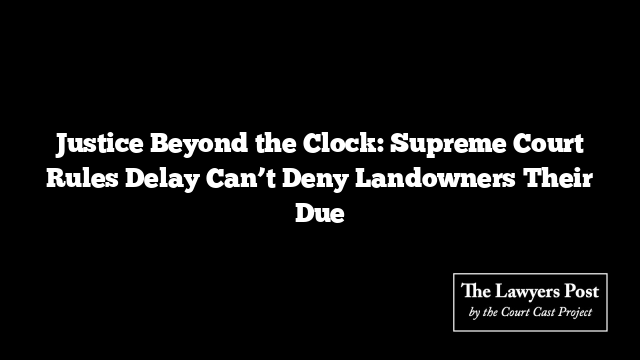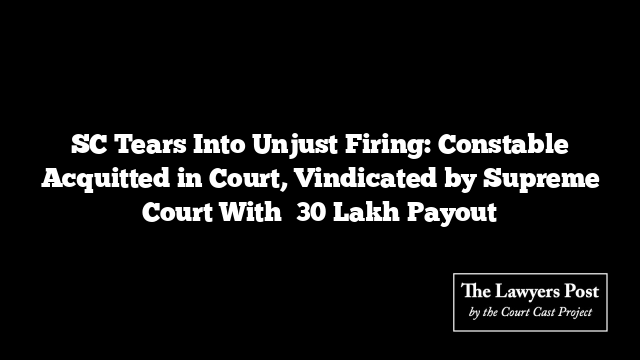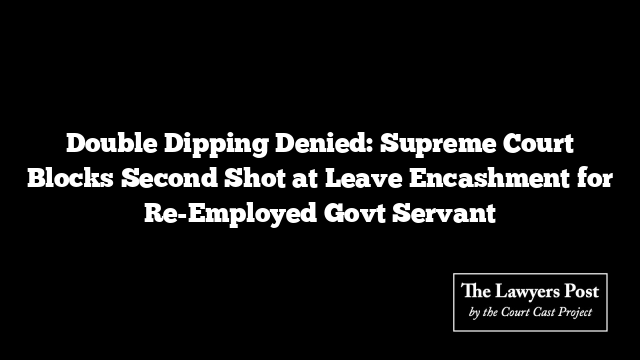In a striking reminder that fairness can’t be handcuffed by bureaucracy’s ticking clock, the Supreme Court has ruled that landowners are entitled to just compensation even if there’s a delay—no matter how long—in seeking it.
The verdict came in a case where a land acquisition compensation appeal was filed after an eye-popping delay of 4,908 days—over 13 years. The High Court had tossed it aside on procedural grounds. But the top court saw something deeper than just dates.
“Delay cannot become the reason to rob land losers of compensation that is just, fair, and reasonable,” declared the bench of Justices Sanjay Karol and Manmohan, putting justice ahead of red tape.
The heart of the ruling lies in Article 300A of the Constitution—a lesser-sung provision that treats property as a constitutional right. When the state takes land using its power of eminent domain, the Court reminded, it must also give something back: fair value. Not lip service. Not tokenism. Real compensation.
Even with legal precedents consistently favoring leniency in such matters, the High Court had refused to budge. The Supreme Court overruled that stance, calling the refusal a “legal error.” The justices were clear: the scales of justice must tilt towards equity, especially in land acquisition cases often marred by poverty, illiteracy, and power imbalance.
Still, the Court didn’t offer a blank cheque. While the appeal will now be heard on merit, the delay isn’t entirely cost-free. The landowner won’t receive interest for the lost time. It’s a balancing act—no free rides, but no closed doors either.
The ruling echoed a similar stance from Huchanagouda v. Assistant Commissioner, where even a 2,000-day delay was forgiven in light of the landowner’s circumstances. But the Supreme Court stayed careful: the market value must remain pegged to the original notification date to protect the public exchequer from runaway costs.
In this case, the top court found that the delay wasn’t the appellant’s fault. Instructions to file the appeal had been given. They just weren’t followed. So, in the Court’s view, it would be unjust to penalize the landowner for someone else’s inaction.
With that, the Supreme Court sent the case back to the High Court—not to debate the delay anymore, but to actually hear the matter. The merits of the case will finally get the attention they deserve.
The ruling underscores a simple but powerful truth: justice delayed should not become justice denied—especially when it was never within the landowner’s hands to begin with.





